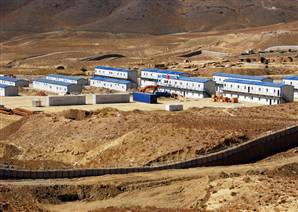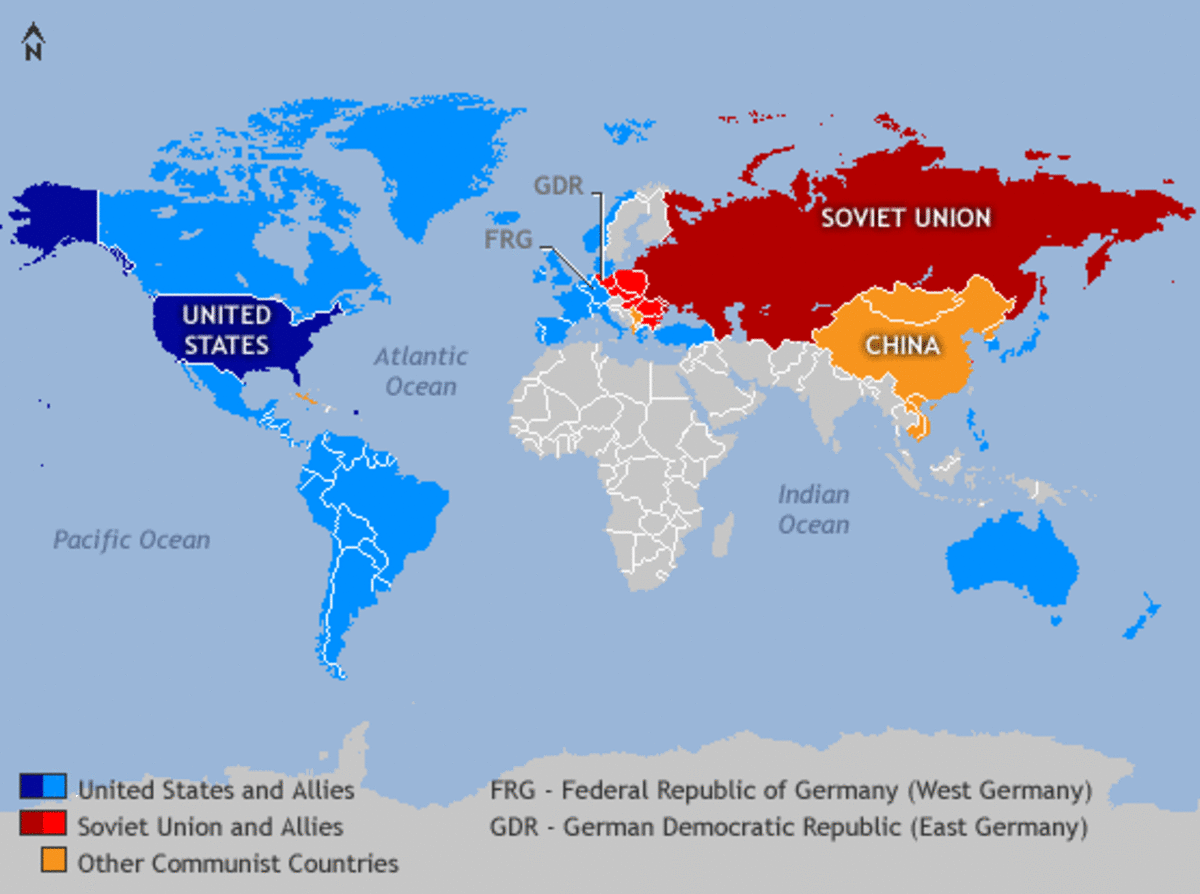China and Afghanistan's Aynak Copper Mine
With our government still in deep planning stages regarding sending more troops to Afghanistan, things seem to have become even more complicated for our country.
Winning through a flawed process, a
resource-hungry China had previously won the rights to Afghanistan's most valuable
copper deposits in 2007, the Aynak Cooper Mine, located south of Kabul
in the Logan Province. The process made it impossible "for any Western
countries to bid against the state-supported Chinese companies who
include government aid with their bid." (Reuters)
Other countries which were beat out by China were Russia's Basic
Element Group, the London-based Kazakhmys Consortium, Hunter Dickinson
of Canada, and the U.S. copper-mining firm Phelps Dodge. It appears to many that while the United States is
making massive efforts to stabilize Afghanistan, China is free-riding on the war's coat-tails which is causing resentment in
military circles and in the government circles of American policy-making.
With
China appearing to have a limitless ceiling on its investment spending, they appear to be entering a war-torn
country and basically out-maneuvering foreign investing countries, with many already spending
thousands on war efforts to help stabilize the area.
Because of this venture, it is stated by James Yeager, previous Adviser
to the Ministry of Mines in Afghanistan, unless there is a change in
the present process China will gain undue influence over the Afghan
economy. Eventually, this controlling power has been suggested to eventually lead to encompassing Afghan
society as a whole. It is also suggested by many that this move will be
harmful to what the United States is presently attempting to accomplish
in bringing stability to the country of Afghanistan for its people.

The Aynak Copper Mine
At the present time, there are several hundred Chinese technicians working in a multibillion-dollar Chinese investment in Afghanistan's Aynak copper mine----considered the country's largest-ever infrastructure project. The 1974 mine is thought to contain the second-largest untapped copper deposits in the world, which could have the ability to move Afghanistan into one of the world's top 15 producers of copper.
The Chinese originally began to religiously court
the Afghan officials back in 2001 over the mine, winning the rights to
develop the site over a 30-year period---beginning in 2007. Presently, the
Chinese have put more than $4 billion dollars into the mine.
China's goal is to have the copper mine producing by the end of 2011,
consisting of a joint venture between China Metallurgical Group
Corporation and Jiangxi Copper Corporation. This venture began with the
China Metallurgical Group agreeing to invest billions of dollars into
the project, including the construction of a coal-fired electrical
power plant and Afghanistan's first freight railway.
With no electrical
power nor access to any transportation links, China had agreed to
invest $3 billion dollars to set up the mining operations and overcome
the lack of basic infrastructure. Afghan Mining Minister Ibrahim Adel
says this is one of the largest foreign investment projects in
Afghanistan's history.
Benefits of the Mine to Kabul
Kabul, the capital and largest city of Afghanistan, is over 3,000 years
old and has a provincial population of 3.5 to 5 million people.
A strategically located city along the trade
routes of Central and Southern Asia, it has brought about many empire
wars in the past, a target of destruction by rebels, and a destruction
target by militants.
In 1996, the city was captured by the Taliban until 2001 when the
United States intervened with the Taliban-Northern Alliance civil war,
forcing the Taliban to abandon Kabul. The city was then controlled by
the Afghan Northern Alliance, with Kabul becoming the capital of the
Afghan Transitional Administration. This is now led by the U.S.-backed
President Hamid Karzai.
Continuous war has taken this city to the base of economic
productivity,
with the 2001 establishment of the Islamic Republic of Afghanistan
improving this slightly. Since 2003, the city has grown with the help
of foreign investment in addition to the scene of massive suicide
bombings and powerful explosions with the hopes of destroying
government and military installations.
Residents of nearby Kabul have very little electricity, if any, but the excess of electricity from the Aynak Copper Mine is planned to be routed to the people. The coal-fired power plant built near the copper field will produce more than the mine needs. With this excess, not only will the Kabul residents be able to have electricity provided to their homes, but over 10,000 people will be able to work in the mining operations. Additional labor will be as construction workers on the railroad. Once the power plant and railroad are completed, the mine should begin its operations....estimated to be in about six years or so.

The Developing Relationship Between China and Afghanistan
Up until recently, China has had very little to do with Afghanistan.
But with its growing demand for energy and natural resources combined
with a change in attitude from Afghanistan welcoming foreign investors,
the Aynak Copper Mine was China's first huge venture into the country.
Reports have it that many additional Chinese investments are forthcoming.
Unfortunately, it appears as if China is "piggy backing" on the
NATO-led International Security Assistance Force (ISAF) efforts in Afghanistan,
with a present count of troops in the country at around 55,100 (from 2 non-NATO
countries, 10 partner countries, and 26 NATO countries). The original
mission of ISAF was to secure Kabul and the surrounding areas from the
Taliban, al Qaeda, and other factional warlords in order for the Afghan
Transitional Administration led by Karzai to become established.
This recent entry by China is becoming unpopular with the United States and
Europe. Yet because of the economic growth and development that the
purchase of the Aynak Copper Mine will have on Kabul, the country of
Afghanistan is welcoming China with open arms.
Ironically, following the
overthrow of the Taliban, China had very little interest in
Afghanistan's reconstruction providing very limited aid and assistance. Yet
with the purchase of Afghanistan's copper mine, China and Pakistan have
quickly emerged as the country's main exporters.
Several ventures by China are being seen in the current growth of
Afghanistan, with the political ties between both countries very cordial since 2001. They
have signed several agreements for the "establishment of bilateral
business councils and many other similar institutions devoted to the
development of bilateral ties." (Cacianalyst.org).
**China ZTE and Huawei companies have partnered with the Afghan
Ministry of Communications for the purpose of developing digital
telephone switches to approximately 200,000 subscriber lines.
** The Parwan irrigation project is now one of China's business ventures to restore the water supply in the Parwar province.
** The reconstruction of Kabul's and Kandahar's public hospitals are now two massive business ventures by China.
** The E.U. has hired several Chinese firms for many construction
projects in Afghanistan, which includes road restoration activities.



